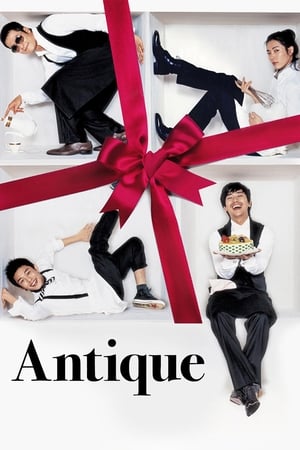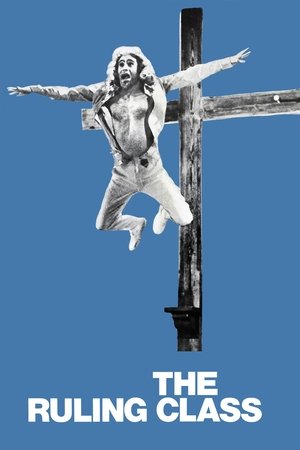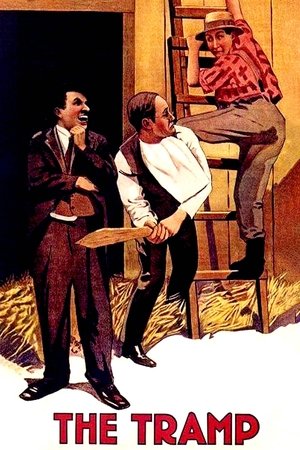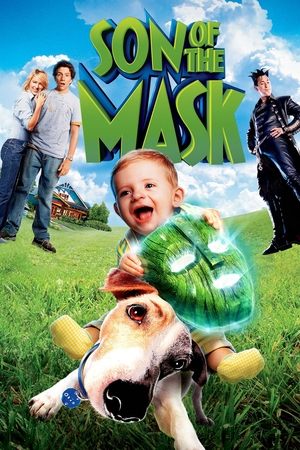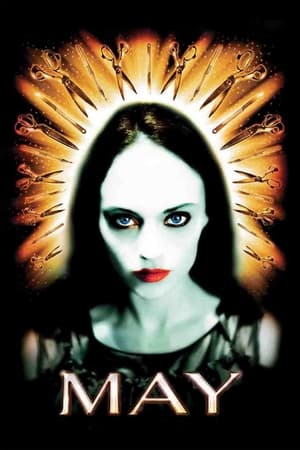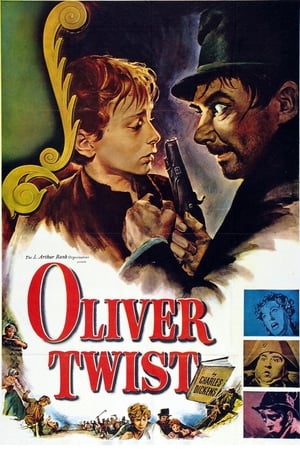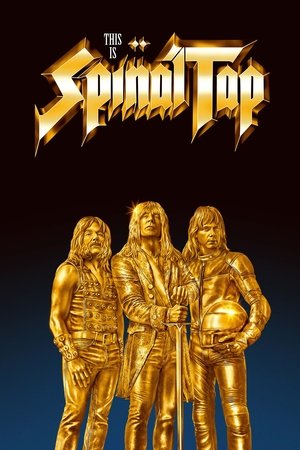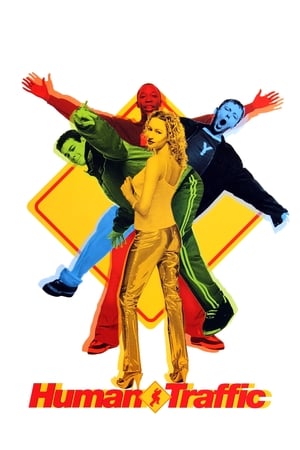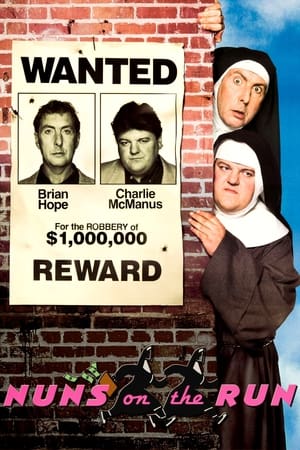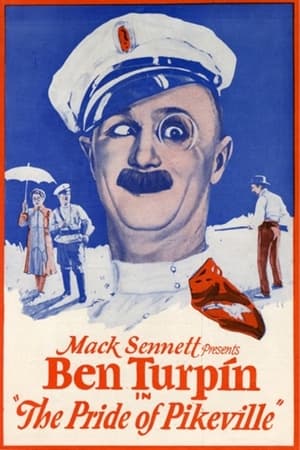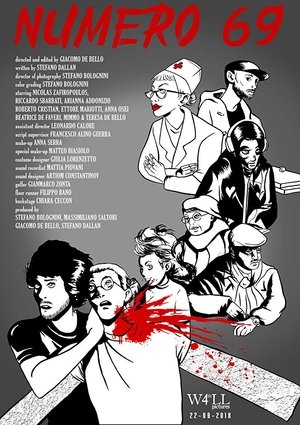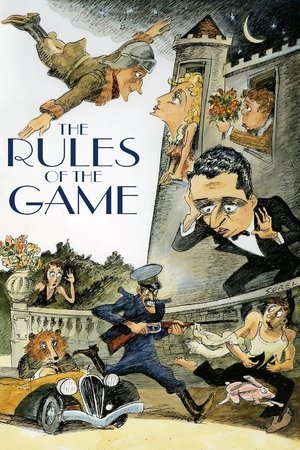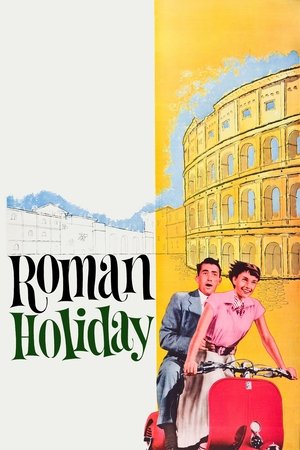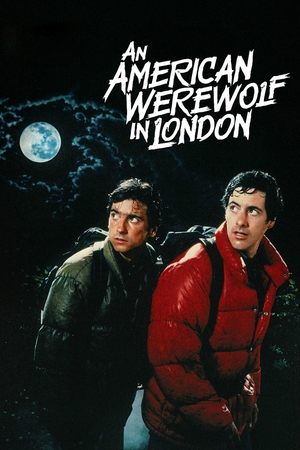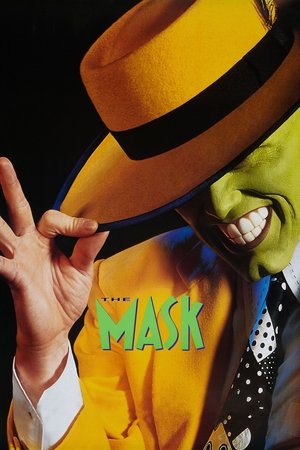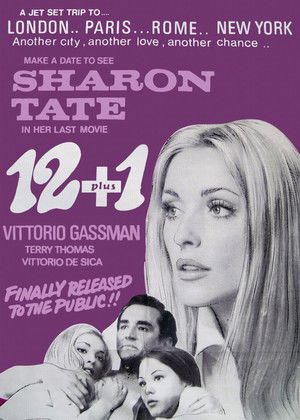Overview
The unruly schoolgirls of St Trinian's are more interested in men and mischief than homework and hockey. But greater trouble than ever beckons when the arrival at the school of Princess Fatima of Makyad coincides with the return of recently expelled Arabella Fritton, who has the kidnap of a prize racehorse on her mind. The first film in the classic comedy series.
Reviews
St. Trinian’s School For Young Ladies.
The Belles of St. Trinian’s is directed by Frank Launder and co-written by Launder, Sidney Gilliat and Val Valentine. It stars Alastair Sim, Joyce Grenfell, George Cole, Hermione Baddeley and Betty Ann Davis. Music is by Malcolm Arnold and cinematography by Stanley Pavey.
Inspired by the cartoon drawings of Ronald Searle, The Belles of St. Trinian’s is the first part of a franchise that still thrives even today. With 7 films currently under the Trinian’s banner, the roguish behaviour of the girls and their manner of dress sense passed into pop culture and is still going strong today. Either for sexual titillation (the St Trinian’s look has always been popular at fancy dress parties) or as a tag for unruly girls in British schools, it’s hard to believe that Searle envisaged the ever lasting appeal of his creations. Unfortunately the films are a mixed bunch, with a couple of them just plain bad. This however is not a problem with The Belles, the best of the bunch by some margin.
The Barchester Bedlam.
Pic is fronted by Sim in a dual role of brother and sister. The art of drag has been tarnished over the years by some of the more stuffy members of the human race, but in the right hands it often works so well, as evidence by the wonderful Sim here. The plot involves a gambling sting at the big horserace on the horizon, with Flash Harry (Cole) aided and abetted by the terrors of St. Trinian’s. It’s all very chaotic and horsey, both in the equine sense and in horseplay terms. Grenfell is the policewoman who goes under cover as a teacher in the school, where the staff roster is populated by British stars of the future like Beryl Reid, Joan Sims and Irene Handl.
The girls, of various stages of their schooling, smoke, toke, drink and take every opportunity to cause mischief. Their reputation precedes them, as the train that carries them inward bound for the new term approaches, the town citizens start to board the place up, even the chickens run off into hibernation! This is the on going joke that works right to the film’s conclusion, sadly it would run out of steam by the time The Great St Trinian’s Train Robbery pulled into the station in 1966. But Belles is great fun, very British of course and very clever. From Sim being dry as the Sahara and Grenfell’s Duracell Bunny performance, to those rascal girls, the school is open for frolics and energised bedlam. Enjoy. 8/10
Alastair Sim was always an excellent comedy actor - his timing and facial expressions always managed to raise a smile for me. Here is has the dual role of the headmistress "Millicent" and of her scheming bookmaker brother "Clarence" as both, in their own way, try to make a killing on an horse owned by the wealthy father of her newest pupil "Princess Fatima". The local village - and constabulary - live in terror of her establishment and of it's rowdy and lawless student body, so they decide to send the plucky and enthusiastic "Sgt. Gates" (Joyce Grenfell) in to masquerade as the games mistress and to gather intelligence as to the dodgy goings on at "St. Trinian's" enabling the law to shut it all down... A solid supporting cast of British actors - George Cole and Hermione Baddeley amongst them prop up well the central dynamic from Sim and the also rather effective Grenfell - another who had super comedy timing. The story is a little cringe-making at times, but the fact that all of the naughtiness comes from these devious and extremely innovative girls makes for a fun ninety minutes of escapades and japes. Plenty of flour fights and who's ever seen an instrument of torture adapted from a laundry wringer? Like so many of the British comedies of the 1950s, it's not comedy that could, or even ought, to be made now - but taken in the spirit of a search for some post war mischief and glee, it's still good fun to watch even now.

 91 min
91 min
 6.333
6.333
 1954
1954
 United Kingdom
United Kingdom
 John Chard wrote:
John Chard wrote:
